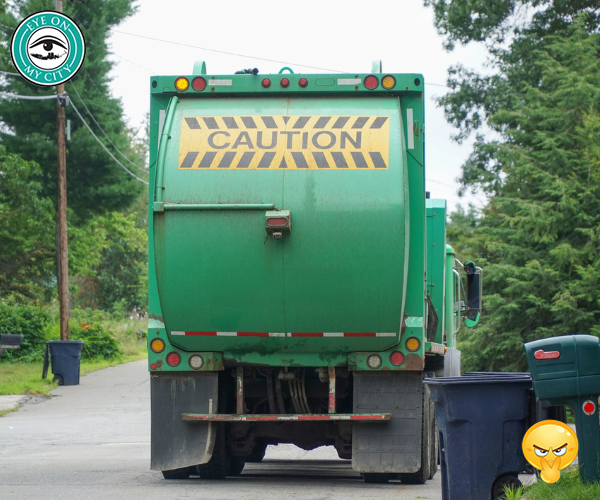
Is Jacksonville setting itself up for another huge cost?
For some 20 years, until about 50 years ago, the city burned its solid waste in three incinerators.
Naturally, the city had to do something with the ash. So it dumped it near the main incinerator in Mixon Town and in three other sites.
The ash was popular. Mixed with common dirt it was considered good fill dirt and even was made available to local residents for yards and gardens.
But when city officials decided to build a recreational facility on one of the dump sites, they tested the soil as required by new federal regulations and learned it had contaminants.
As soon as lawyers and environmental activists heard about that, a lawsuit was filed.
The city gave in on the lawsuit, although there was not much evidence of any harm to anyone.
Between August 1999 and April 2000, 349 children in the area were screened. Just five of them were found to have elevated levels of lead. And for two of those five children, the sources of the problem were traced to the interiors of their homes. For the other three children, the sources could not be assessed.
That decision has cost the taxpayers more than $180 million to date in court costs and remediation.
The dump sites were cleaned up and homes built on or near them were also cleaned. In most cases this involved removing two feet of dirt, replacing it with new dirt and landscaping the lots afterward.
Incinerators were replaced by landfills, and since then retention ponds have been built all over the city.
This is entirely unrelated. The ponds are intended to catch water running off developed areas. But it raises a question: will this prove to be another costly problem?
The ponds are dangerous. People can, and have, drowned in them.
But beyond that, the wastewater they collect has a lot of gunk in it. The water is not treated.
At some point it is almost inevitable that the city will be sued by someone claiming their health is endangered by retention ponds.
Retention ponds are required for virtually any new development and as Jacksonville grows, the number of ponds will grow.
Currently, there are 235 city-managed ponds and probably hundreds of private ponds.
These are the kinds of things personal injury lawyers get rich on, at the expense of taxpayers and consumers.
Big Environment also profits. Years ago, the JEA was sued by one group over water put into the St. Johns River. Pollutants in the water exceeded regulations. The plaintiffs found out about it via public records the JEA was required to file. Usually, such suits are settled at a cost less than what it takes to defend them. Easy cash for lawyers and plaintiffs.










